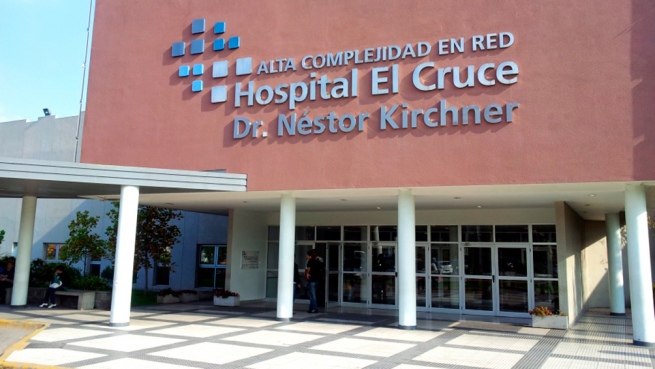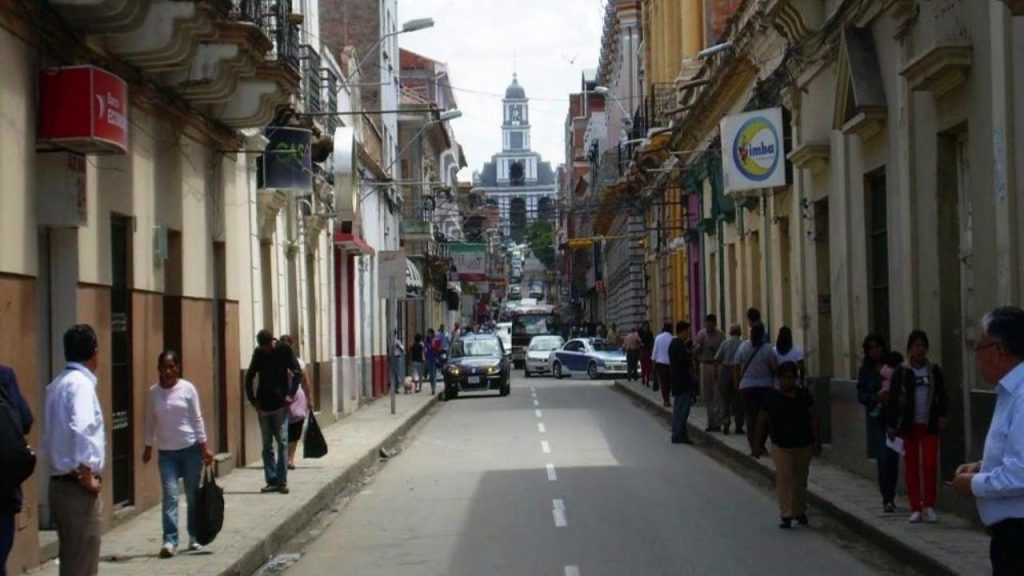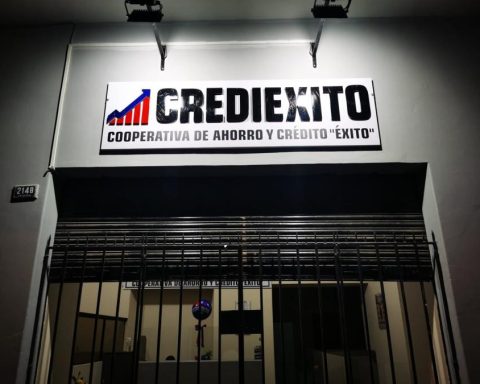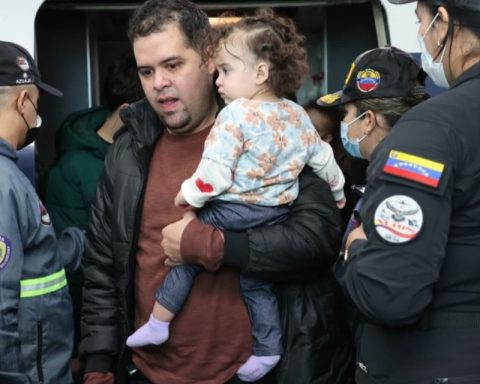The El Cruce-Néstor Kirchner (HEC) public hospital, located in the Buenos Aires province of Florencio Varela, has reached 400 liver transplants since it began performing this type of intervention in January 2013, the institution reported this Wednesday.
During 2012, the highly complex medical center obtained authorization from the National Central Unique Coordinating Institute for Ablation and Implantation (Incucai) and the following January the Hepatology, Transplantation and Surgery Program began to operate with the first liver transplant.
Heading the program are hepatologist Federico Villamil and surgeon Francisco Juan Mattera, who were members of the team that performed the first liver transplant in the country in the late 1980s.
“The 400 transplants in public health represent the opportunity and access to quality health and care for people who do not have medical coverage” Fernando Cairo
During the morning of Tuesday, the El Cruce hospital reached 400th liver transplant and throughout 2021 13% of liver transplants in the country were performed in this health facility, as reported.
The Buenos Aires hospital has already become a benchmark within the national public system and receives patients with serious liver diseases from all over the country.
“The 400 transplants in public health represent the opportunity and access to quality health and care for people who do not have medical coverage”, highlighted the deputy head of the Liver Transplant Unit, Fernando Cairo, in statements to Télam.
The specialist added that the public hospital “fulfills the role of ensuring the chance that everyone can have the option of accessing highly complex procedures, as do those who have access to private coverage.”
We share the message of Dr. Gregorietti, HEC physician! https://t.co/25b7zFFsL5
– Hospital El Cruce (@ElCruceHospital) December 3, 2021
For this reason, he considered that “the 400 transplants (to which the El Cruce hospital arrived) reflect the triumph of public health, quality and opportunity for all and speak of equity for all Argentines”
The HEC cares for patients who arrive derived from other centers, “both for oncological pathologies, as well as for other liver diseases that entail a significant alteration in the quality of life of the people who suffer from them,” as specified.
In November, the hospital had made headlines after performing four transplants in the same day: one liver, one kidney, one heart and one bone marrow.

















